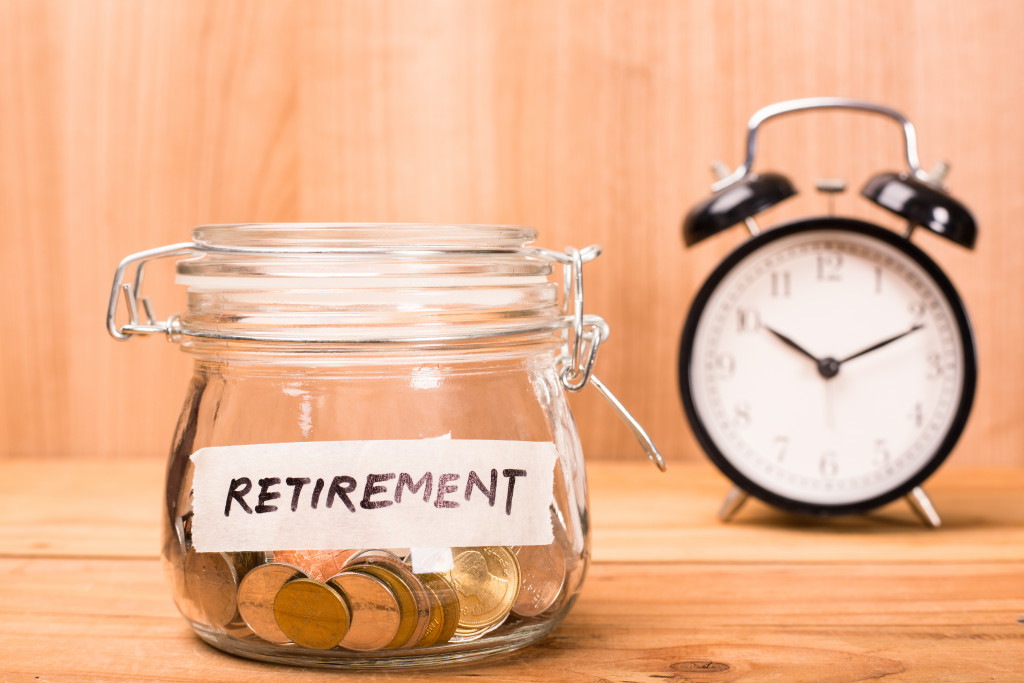Planning for the future is essential, and part of ensuring that you have comfortable golden years means taking into account how you’ll be able to financially maintain your lifestyle and anticipate any needs that may arise. That doesn’t have to be a stressful race if you’re smart with how you pool funds into retirement. Here are some tips to help you rack up a reliable fund.
Consider what your living situation may be in your 60s and beyond.
Whether you are in your 20s or hitting the mid-50s, it’s good to have a general idea of where you’ll spend your 60s and beyond. You might plan on getting a house or looking at assisted living homes to get the care you need with a community. Considering those can help you set savings goals that prioritize how you’ll be funding your housing and the like, especially if you anticipate other financial concerns like medication.
Set up an IRA.
An individual retirement account (IRA) is an excellent idea to have more control and tax advantages in terms of saving up for your retirement, and this is independent of any accounts set up by your employer. Individuals can set up a Roth or traditional IRA account, and the benefit of this is that you can have different assets within that contribute to your savings. IRAs are an excellent way to keep money securely kept away, especially since there are restrictions to withdrawing before you hit 59 ½ years of age.
Start paying off debts.
As you think about setting aside money to save, it’s also essential to be focusing on getting yourself debt-free. That has to work hand-in-hand with your savings because one or the other will still make it difficult for you if you are no longer at an age to sustain jobs and expand your stream of income. So, make sure to pay your debts off while stashing aside savings.
Experts suggest only prioritizing paying debts over savings if you have high enough interest rates. Otherwise, put savings on the top tier with debt payments following suit consistently.
If you have a 401(k), match your employer.

Employers either set up a 401(k) plan for you or a simple IRA account (though the former is more common). With this, they can offer to match any contributions you give to an extent. That is substantially extra money in your pocket and can be maximized to add a significant supplement for your savings. Make sure you provide as much as your contribution allows so that you can also make the most of what your employer can add.
Diversify your investments
Financial planning experts always stress the benefits of smart and strategic investing, starting as early as you can and going from there. Even past your 20s, it’s still good to have investments that can give you assets and income streams to rely on besides your career. Keep in mind that you should keep your portfolio diverse and have your money in different categories so that you don’t run the risk of putting it all in one thing that may tank.
If you follow through on these points, you can set yourself up for the relaxation you deserve when you retire.

